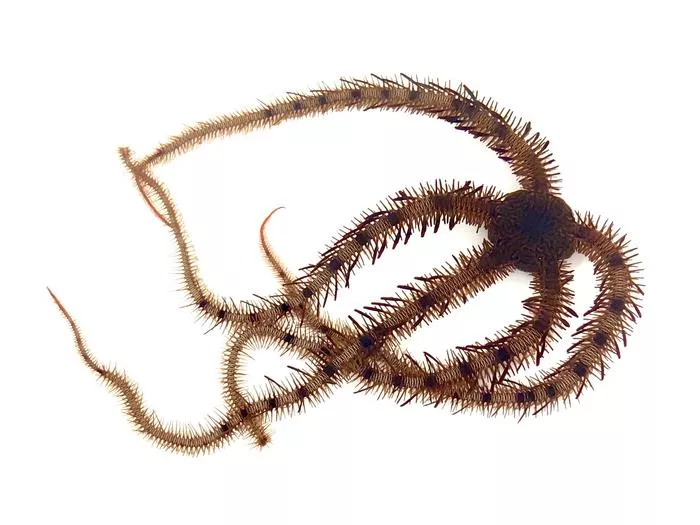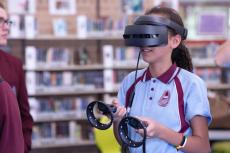Brittle stars can learn without a brain
Although a brittle star does not have a brain, scientists have discovered that they are capable of learning by association.
Instead of a brain or eyes, brittle stars have nerve cords that run down each of their five arms, which join to form a nerve ring near the mouth.
Nonetheless, according to a recent study, they possess the ability to learn by association, which involves making an association with different stimuli via a process called classical conditioning (like Pavlov’s dogs or us learning not to touch a pot of boiling water after we had been scalded before.
Conducting the research
In the study which lasted 10 months, 16 black brittle stars were placed in individual water tanks. For eight of them, the lights were dimmed for 30 minutes whenever they were fed a morsel of shrimp. The other eight were fed under lit conditions. They were also subjected to a 30-minute dark period, but never when they were being fed.
Initially, whether it was lit or dark, all the animals hid behind the filters in the tanks most of the time, coming out only when it was mealtime. Over time, the eight that were fed under dim conditions learnt to associate darkness with food—they would come out of hiding whenever the lights were dimmed, even before any food was placed in the tanks.
This behaviour was repeated even after the researchers did not feed them when the lights were dimmed for 13 days in a row.
“Knowing that brittle stars can learn means they’re not just robotic scavengers like little Roombas cleaning up the ocean floor,” said lead author Julia Notar, who did the research as part of her biology Ph.D. at Duke University.
Next stage
Notar now intends to find out how brittle stars manage to learn and remember using their unique nervous system.




























